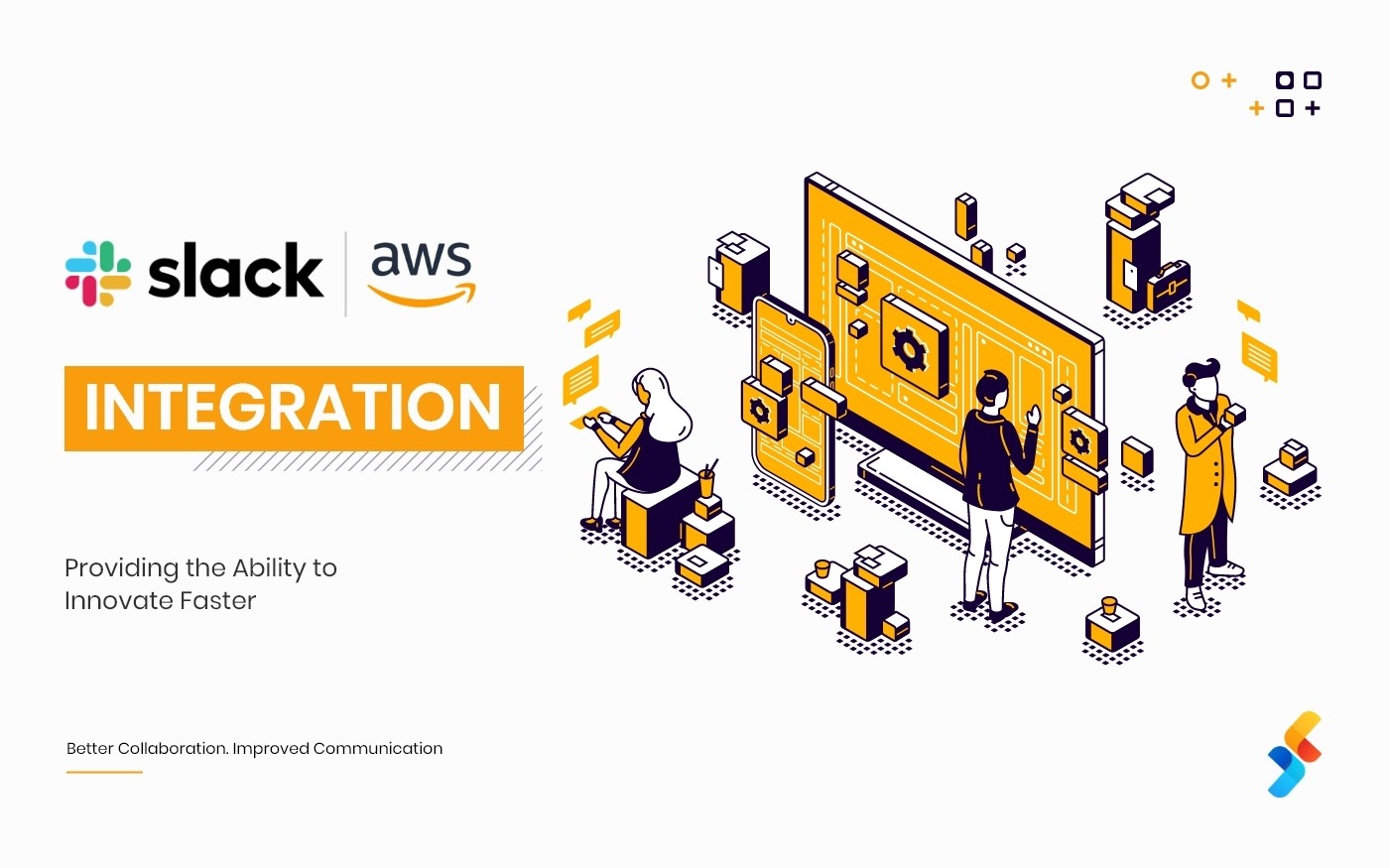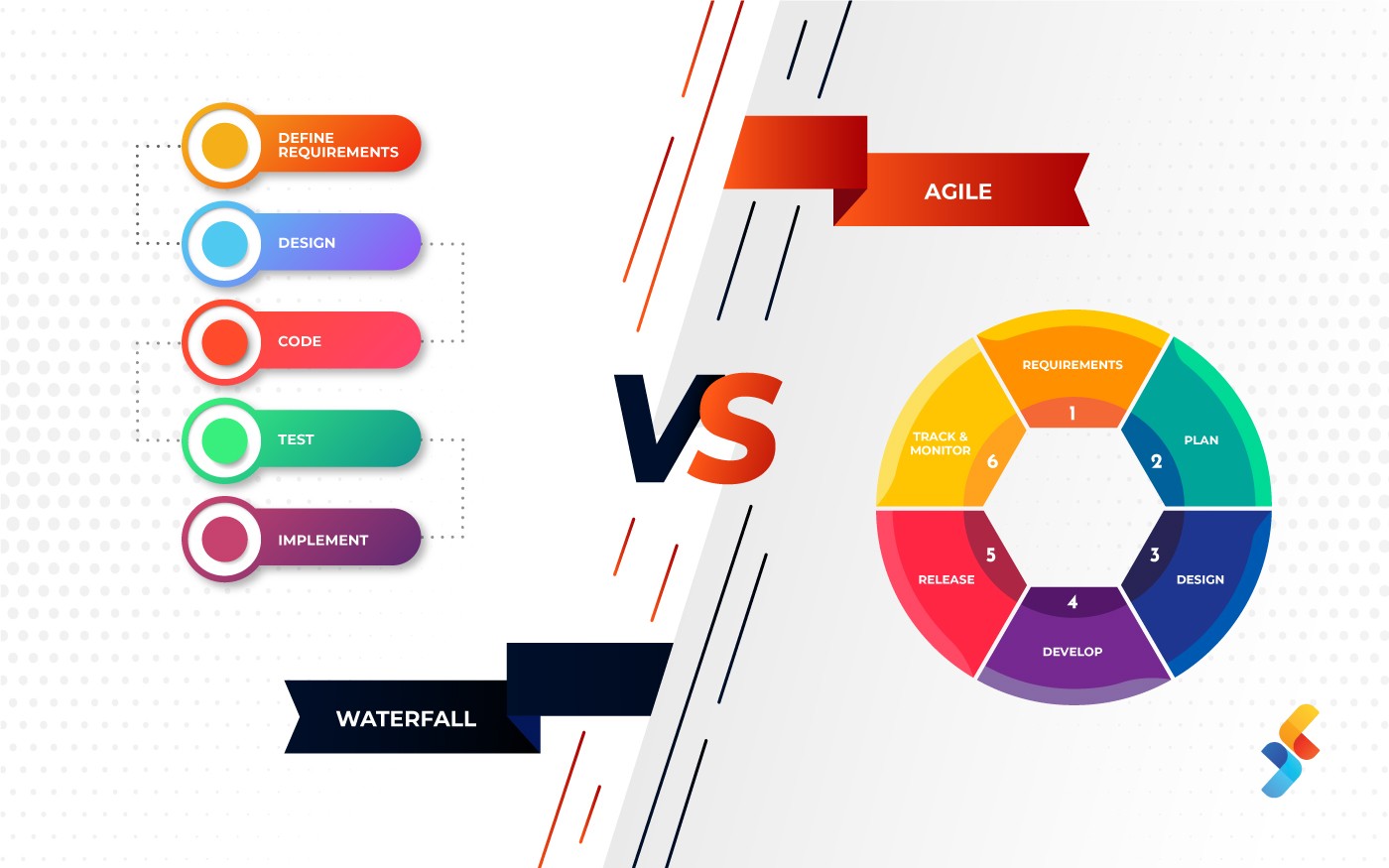In the current pandemic situation, many people have been forced to shift their work into their homes and to learn ways to organize and execute that they aren’t used to. Considering this, health experts are warning about the long-run effects of working remotely including burnout and stress. At this point, it can also have an impact on a person’s mental and emotional well-being, creating a state of delicacy born from over-tiredness and frustration.
However, this can be difficult even when we’re not experiencing a pandemic. With the growing stress day by day, burnout is occurring at an alarming rate with people unable to separate home from work, the magnified burden of keeping everything on and heightened on-call loads, and the strain on communication. For product and engineering teams, development now occurs in isolation; meetings are held via email, messaging app or calls; and decisions are made asynchronously. This, as a result has resulted in burnout which needs to be reduced in such crisis. Here, in this blog you will get to know about some important ways to combat this and keep yourself and your team from burning out.
Reasons Why Companies Should Be Concerned for Burnout
When you were at the office you were completely working. But now those lines are blurred, or nonexistent. This is a new kind of stress that most of us have never before experienced while working from home. There’s now an expectancy that we should be going “above and beyond” with our jobs, something that often translates into working longer hours. The top reasons which is why it is a major concern for companies are-
- Decreased Productivity
- High Turnover Rate
- Low Employee Engagement
- Negative Health Impacts
Not only in work from home situation, but also burnout is more common within organizations. It can’t be measured easily by the number of hours worked or the amount of sleep one gets. It is more often related to extended pressure and to operating from a place where you start every day feeling backside, fighting against quicksand. It can cause exhaustion, trouble sleeping and an inability to focus. However, this doesn’t mean you’re not good at your job or capable of remote work. Or else, this is likely a version of burnout that none of us have experienced before.
As mentioned, It is not so easy to overcome but there are some ways to combat this and keep yourself and your team from burning out.
- Encourage Autonomy and Asynchronous Communication
You can communicate to your team so they know when you’re online and available, by sharing an accurate calendar noting when you’re busy with personal needs or “in-office.” In addition, you can help other teammates struggling with vertical schedules by asking “can this be done asynchronously?” If a meeting isn’t necessary, prefer writing an email instead.
- Follow Agile Workflow
Engineering teams can amend the stress that leads to burnout by actively and visibly reinforcing the value that the team is delivering. An agile workflow can be a great way to do this. The prime advantage is that the team can avoid an endless push by incrementally releasing features and achieving milestones.
- Use of Feature Flags
Organizations should use feature flags feature as it allow engineering teams to operate with greater autonomy, as code developed by one engineer can be released before its dependencies are completed. They allow for enabling the code safely and incrementally, minimizing the stress of releases and giving teams an escape hatch should an issue occur.
- Unplug and Relax
Last but not the least, its important to take time and relax. If you’re not on call, try to separate work and life by minimizing time spent checking your emails or responding to Slack messages. To help you avoid this enticement, create a separate desktop on your laptop or folder in your phone for work and home, and turn off work notifications when you’re not working.
Conclusion
These tips won’t solve all the problems, but they can help provide a bit of buffer against burnout and improve your team’s morale during a trying, emotional, and difficult time. By taking some time to recognize the signs of burnout and addressing it will help you become more satisfied with your job, lead to a growth mind-set and help you become more successful in your personal as well as professional life.












